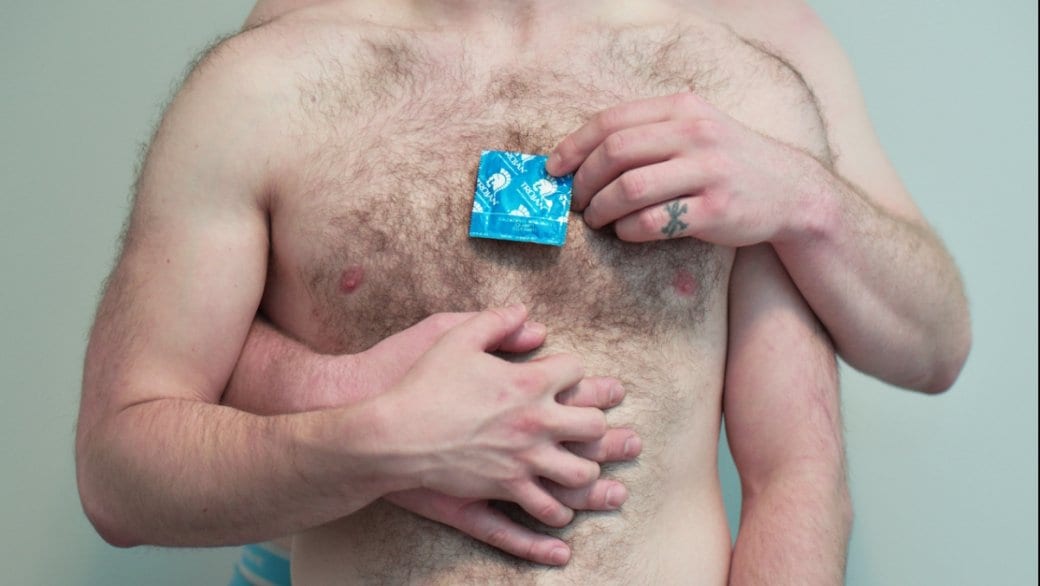Medical students in the US are less willing to prescribe PrEP to men who are at highest risk for HIV infection, according to a recent study.
George Washington University psychologist Sarah Calabrese asked more than 100 medical students to consider if they would prescribe PrEP, drugs shown to be highly effective at preventing the transmission of HIV, to various hypothetical men. Some of the imaginary patients were in a relationship with an HIV-positive man, while some had multiple partners of unknown status. Some used condoms, some did not, and some planned to stop using condoms after taking PrEP.
When the imaginary patients were at low risk — used condoms and planned to keep using them — about 90 percent of the students said they would prescribe PrEP. But only half the students were willing to prescribe PrEP to a patient who consistently did not use condoms, and only a quarter said they were willing to prescribe to a patient who would stop using condoms once on PrEP.
The students also were slightly less likely to prescribe PrEP to men who had multiple partners.
This pattern is antithetical to where PrEP is actually most useful.
“If you are using condoms, if you know the status of your partner, if your partner’s HIV is suppressed, you don’t need Truvada,” researcher Julio Montaner at the BC Centre for Excellence in HIV/AIDS told Xtra when the PrEP drug Truvada was approved by Health Canada this spring.
Calabrese says the confusion probably arises partly from lack of education. The medical students she surveyed are among the first to start school since PrEP was approved in the United States in 2012, and guidelines around its use still are not clear enough.
More worryingly, though, Calabrese also thinks the problem stems from bias against gay men.
In a previous study from the same dataset, she found medical students with negative opinions of gay people were also less willing to prescribe PrEP.
In the current study, when she asked what reasons were acceptable to quit using condoms, two thirds said conception was a good reason, but only a quarter accepted intimacy, and even fewer accepted pleasure or sexual function.
“They judged as more legitimate the one reason that gay men wouldn’t have,” Calabrese says. “So yeah, that is indicative of heterosexism.”
Calabrese says she doesn’t know if her results are generalizable to doctors as a whole, but the trend among medical students is worrying.
At a recent conference, she presented her findings to health care providers who, she says, scrambled to reassure her that real doctors would never act the same way. Calabrese was skeptical.
“I don’t know why someone would get their diploma from medical school and suddenly bias goes out the window,” she says. “I don’t think it works like that. I think we really need to emphasize this issue of addressing bias and personal values.”
Calabrese’s study has not yet been published in a journal.
Truvada has been shown in multiple studies to be safe and highly effective when taken regularly. When taken as prescribed, there have been only two documented cases of PrEP failing to prevent an HIV infection.
Recommended readings:
Should a gay man tell his doctor he has sex with lots of men?


 Why you can trust Xtra
Why you can trust Xtra


